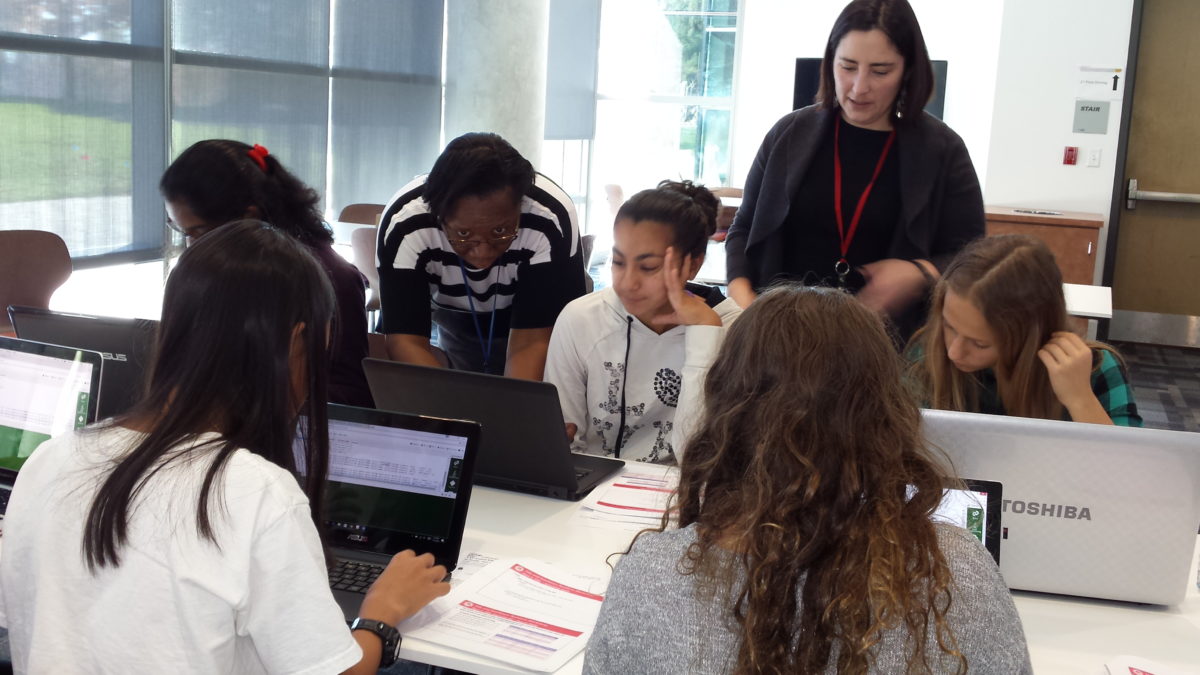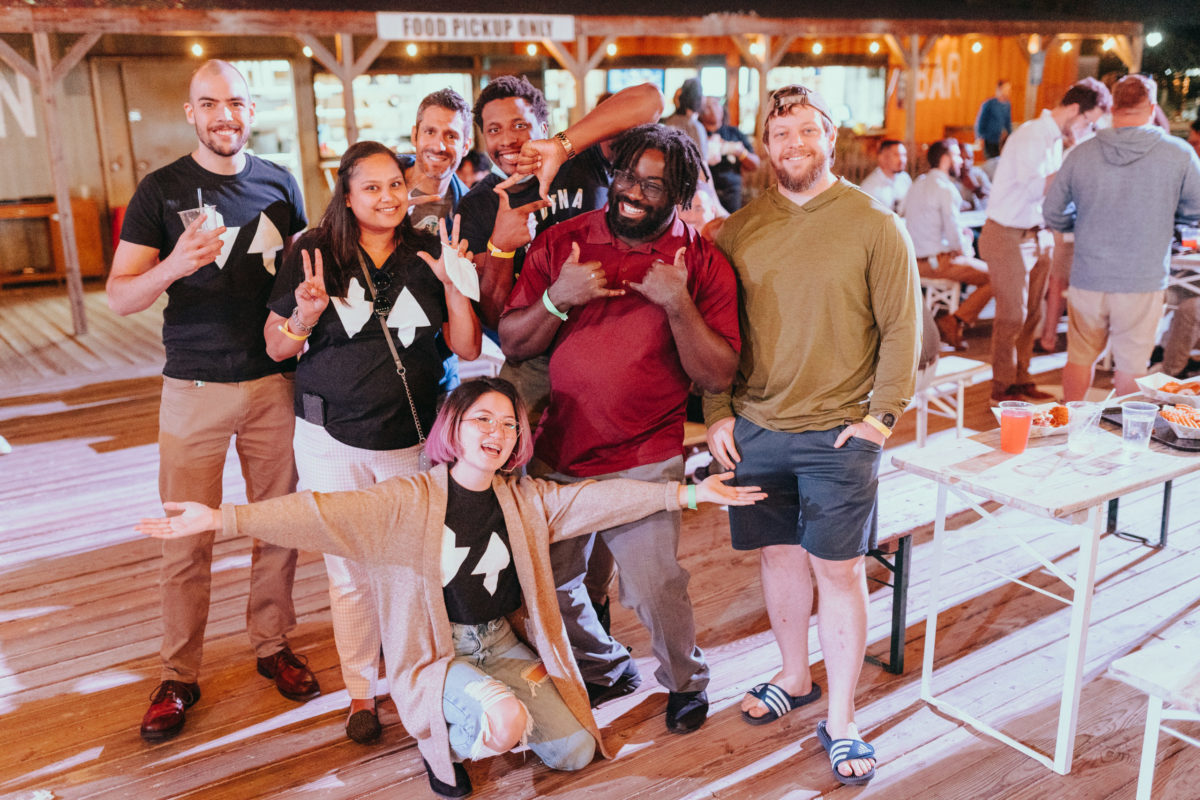For years, Matthew Grande was like many professionals who associated value with well-respected job titles.
He believed that by switching jobs and finding work that excited him, he would find fulfillment. With that in mind, he worked as a civil and environmental engineer, then in IT, then became a stock broker on the floor of the New York Stock Exchange, then spent eight years as a corporate consultant for financial companies. He most recently consulted for social impact organizations including real estate developer Shift Capital.
As impressive as his resume had become, there was still something missing.
“Although Shift checked a lot of boxes, I never dreamed of being a real estate developer,” he told Technical.ly. “That wasn’t a future version of myself I considered. For me, working with a big real estate development company wasn’t as interesting as working with community groups.”
Starting in February 2016, Grande worked with Shift as a COO and principal of impact. When the pandemic began to impact the real estate industry in March 2020, his own musings on his future collided with his job being turned upside down. Suddenly, many of his Shift colleagues had been laid off, and his role was not generating revenue.
By October 2021, he was only working two days per week — which allowed him to spend time with his newborn child — and agreed to part ways with the company. Working with Shift, which works to revitalize blighted areas like Kensington, felt important. But Grande began to feel it was most important to empower people to make the changes they wanted to see within their own communities.
“When I started doing consulting, I realized I actually feel more motivated and inspired to give people in communities tools to do the work and then step out,” he said. “I was head of impact for a real estate development company, but I wasn’t from the community so I couldn’t make impact. It made me start to think that if I’m going to do this work anymore, I’d like to work with people in the community to build that up.”
If it’s something you’re passionate about, the first thing we encourage you to do is talk to somebody who’s doing it. They will be your best source of information on the journey.
By assessing mistakes he made in his career and different possible outcomes, Grande collaborated with his brother Chris Grande on a way to support professionals who found their careers in flux or in need of a change.
From January through May, Grande and his brother interviewed around 80 people between the ages of 20 and 70 about their professional ambitions, concerns and long-term goals. Interviewees spoke about things like imposter syndrome and the fear of making a change — things that Grande could relate to based on his own experiences.
“We asked how could we support these people,” he said, and decided to do it through one-on-one sessions, small peer groups, group coaching and an online community, “which created space for folks to support one another. With that kind of curriculum or process that my brother and I worked to develop, [we] launched a community of 25 people and a few dozen people on its wait list.”
Their new venture, Careerage, was born.
Grande found that the best guidance for people with career questions could come from people who had already found success in similar spaces. Using the example of a music producer, he noted that he couldn’t provide advice on that career trajectory — but by connecting the person with questions to another music producer, more progress could be made.
Participants are “identifying people that feel like they represent a future version of themselves,” he said. “This is where we encourage people, don’t limit yourself. If it’s something you’re passionate about, or around a problem you want to solve, the first thing we encourage you to do is talk to somebody who’s doing it. They will be your best source of information on the journey.”
As Grande worked to build a new community, Indy Hall founder Alex Hillman served as an inspiration. Grande appreciated how Hillman has worked to connect professionals who could often feel siloed away from one another. By engaging with Hillman and his community more, Grande understood its value and came away feeling empowered by moments as quaint as morning coffee catch-up calls.
In moving forward with Careerage, Grande continues his own journey in helping people better understand their own professional goals, but he is unclear on his current job title — and that makes him happy.
“I have been reflecting on some of the titles we discussed, career coach, career guide or community builder, and I realized none of them feel right to me,” he said. “Rather than me deciding what to call myself, I am going to wait until the Careerage community has a critical mass and ask them to decide. I think we should let the communities we serve decide the value that we deliver to them and let them articulate the role we play in supporting them.”
Michael Butler is a 2020-2022 corps member for Report for America, an initiative of The Groundtruth Project that pairs young journalists with local newsrooms. This position is supported by the Lenfest Institute for Journalism.
This is How I Got Here, a series where we chart the career journeys of technologists. Want to tell your story? Get in touch.
Join our growing Slack community
Join 5,000 tech professionals and entrepreneurs in our community Slack today!
Donate to the Journalism Fund
Your support powers our independent journalism. Unlike most business-media outlets, we don’t have a paywall. Instead, we count on your personal and organizational contributions.

When global tech association CompTIA spun off its nonprofit arm, the TechGirlz curriculum went dark

Dismantling the Dept. of Education could steer more people to nontraditional career paths

How should tech firms be taxed? Maryland is the latest test case


